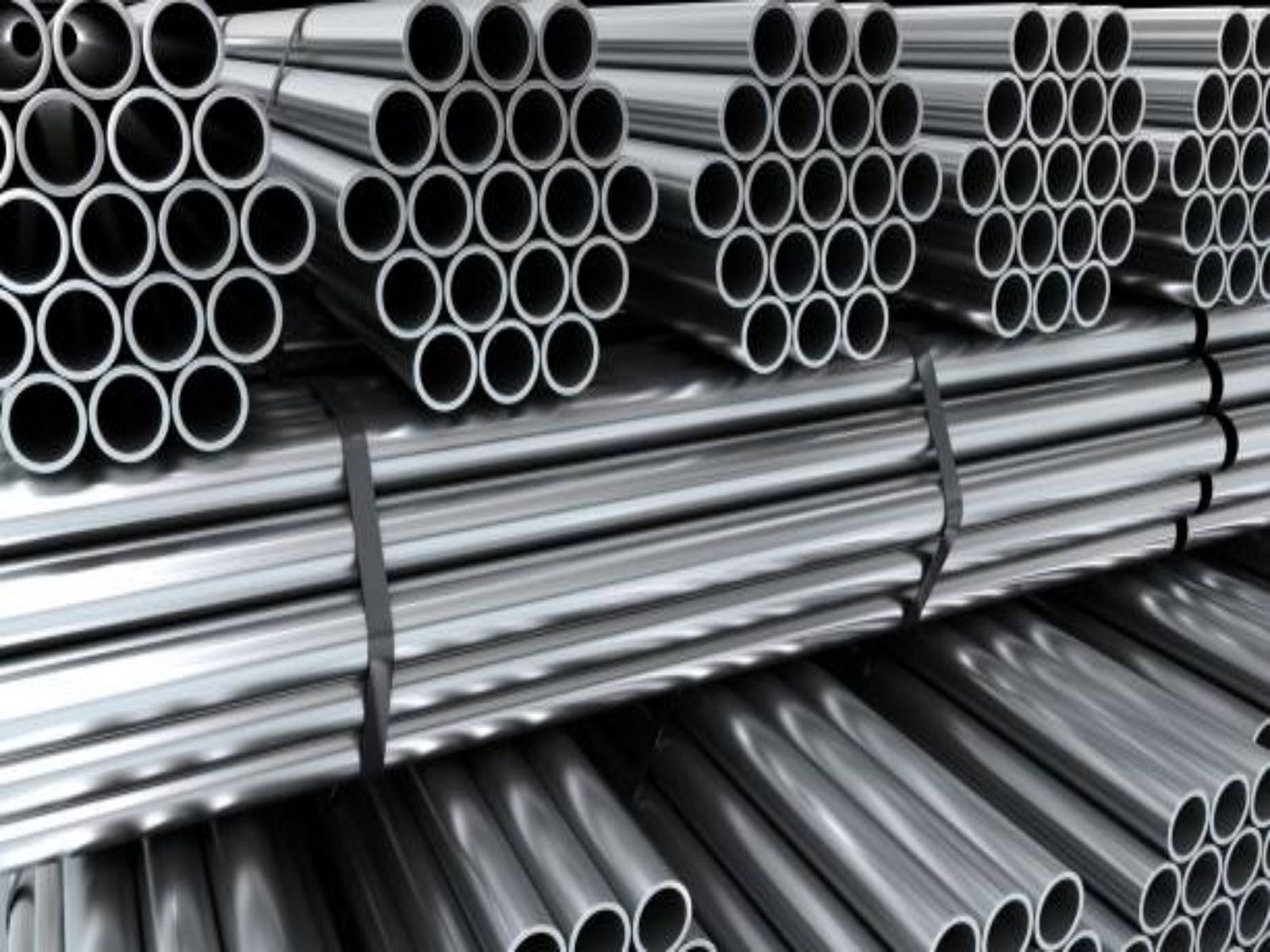Table of Contents

Comparative Study: Titanium Alloy vs. Traditional Metals in Various Applications
Introduction:
In today's fast-paced world, the demand for materials with exceptional strength, durability, and versatility is ever-increasing. This article aims to provide a comprehensive comparative study between titanium alloy and traditional metals in various applications. By exploring the unique properties and benefits of each material, we can gain valuable insights into their suitability for different industries and environments.
1. Aerospace Industry: Pushing Boundaries of Flight
The aerospace industry, with its stringent requirements for lightweight yet strong materials, has found titanium alloy to be an invaluable resource. Titanium's exceptional strength-to-weight ratio, corrosion resistance, and high-temperature capabilities make it an ideal choice for aircraft components. In comparison, traditional metals like steel and aluminum often fall short in terms of weight and resistance to harsh environmental conditions.
2. Medical Implants: Enhancing Quality of Life
When it comes to medical implants, the biocompatibility of materials is of utmost importance. Titanium alloy, with its inherent biocompatibility and ability to integrate with bone, has revolutionized the field of orthopedics. It is widely used in joint replacements, dental implants, and spinal fixation devices. Traditional metals, such as stainless steel, may cause adverse reactions within the body and may require removal or replacement over time.
3. Automotive Industry: Driving Innovation
The automotive industry constantly seeks materials that offer improved fuel efficiency, enhanced safety, and reduced emissions. Titanium alloy's lightweight nature, combined with its exceptional strength, makes it a suitable choice for components like engine valves, connecting rods, and exhaust systems. Traditional metals, although widely used, often fall short in terms of weight reduction and overall performance.
4. Marine Applications: Conquering the Seas
When it comes to marine applications, the ability to withstand harsh seawater environments is crucial. Titanium alloy, with its remarkable corrosion resistance, finds extensive use in propeller shafts, hull structures, and offshore platforms. Traditional metals, such as iron or copper alloys, are prone to corrosion, limiting their effectiveness in marine environments.
5. Sports Equipment: Achieving Peak Performance
Athletes and sports enthusiasts require equipment that is both lightweight and durable. Titanium alloy, with its excellent strength-to-weight ratio, has become a popular choice for sports equipment like bicycle frames, golf club heads, and tennis rackets. Traditional metals are often heavier and may compromise performance.
6. Industrial Applications: Enhancing Efficiency and Productivity
In industrial settings, materials must withstand extreme conditions, including high temperatures and corrosive environments. Titanium alloy's resistance to corrosion, high melting point, and exceptional strength make it an excellent choice for applications such as chemical processing equipment, heat exchangers, and power generation systems. Traditional metals may succumb to corrosion or exhibit lower strength under similar conditions.
7. Defense and Military: Strengthening National Security
The defense and military sectors demand materials that offer superior strength, durability, and resistance to extreme conditions. Titanium alloy, with its high strength, low weight, and resistance to corrosion, finds extensive use in armor plating, aircraft components, and missile systems. Traditional metals may be too heavy or lack the necessary resistance to withstand the demands of these applications.
8. Electronics and Technology: Powering Innovations
In the rapidly evolving electronics and technology industries, materials with superior electrical conductivity and thermal properties are essential. Titanium alloy, with its excellent electrical resistance and heat dissipation capabilities, is finding applications in smartphones, laptops, and other electronic devices. Traditional metals may not offer the same level of performance in terms of electrical conductivity or thermal management.
9. Construction and Architecture: Building for the Future
Titanium alloy's combination of strength, corrosion resistance, and aesthetic appeal has made it a sought-after material in the construction and architecture sectors. From structural components to interior design elements, titanium alloy is being utilized in buildings, bridges, and iconic landmarks. Traditional metals may lack the desired aesthetic appeal or may be more prone to corrosion in certain environments.
10. Energy Sector: Powering Sustainable Solutions
As the world moves towards cleaner and more sustainable energy sources, materials that can withstand harsh conditions and enable efficient energy generation become crucial. Titanium alloy's high strength, corrosion resistance, and ability to withstand high temperatures have made it a valuable resource in applications such as wind turbines, nuclear reactors, and solar panels. Traditional metals may not offer the same level of performance or longevity in these energy-intensive applications.
